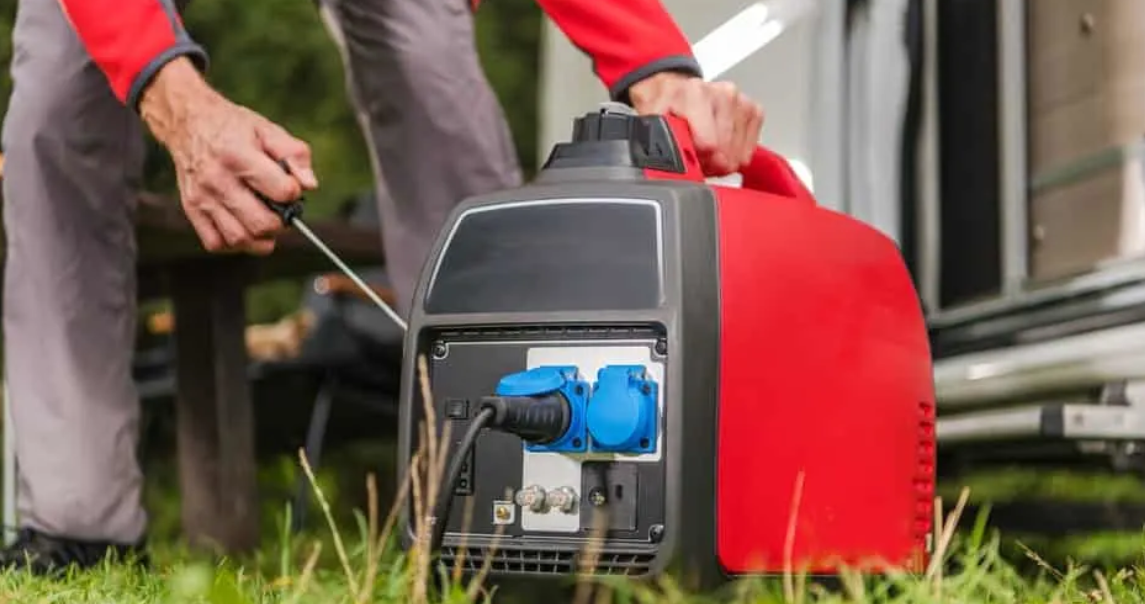Inverter generators have become increasingly popular in recent years, with many homeowners opting to purchase an inverter generator instead of a traditional quiet generator. Inverter generators are designed to be more efficient than their traditional counterparts, but they also come with some drawbacks that you should consider before making a purchase.
Advantages
Here are the benefits of inverter generators:
Quieter than conventional generators
They are much quieter because they produce less vibration, which reduces noise. Inverter generators also feature a muffler design and sound-deadening materials to further reduce the amount of noise produced.
Better fuel economy
Inverter generators are significantly more fuel-efficient than their traditional counterparts. Traditional generators rely on a spinning shaft to generate power, but inverter generators use an electronic circuit board to convert ac current from the outlet into dc current that can be used by appliances. This allows inverter generators to burn less fuel and reduce emissions when compared to traditional models.
Easier to start than conventional generators
One major advantage of inverter generators is that they're easier to start when cold or hot because they don't require choke/idle mix or priming with gasoline like conventional models do; instead, they automatically adjust their speed to match your power needs at any given time so that you don't have to worry about choking or priming them before starting them up — simply flip the switch!
No External Maintenance Required
Inverters produce clean sine wave power that is safe for sensitive electronic equipment and appliances. The absence of the external maintenance makes them more reliable and efficient than conventional generators. They have an automatic voltage regulator which ensures that the voltage remains constant during operation, even under adverse conditions.
Disadvantages
Inverter generators are more expensive than regular generators. This is because inverters are only built for specific applications, and they are more complex than standard generators. They also require more maintenance and testing than a standard generator.
Inverter generators work well with certain loads, but not with others. For example, if you try running a window air conditioner off an inverter generator, you may find that it does not work properly or may even damage the air conditioner's electronics. The same is true for other high-demand appliances such as televisions and refrigerators.
Inverter generators use different types of motors than traditional generators. This can affect their longevity, so they may not last as long as other types of generators.
Inverter generators have to use more power than traditional generators to run at the same level. This means that they draw more power from your battery bank when running them at peak capacity. This can be especially bad if you have a smaller battery bank and are looking for a generator for emergency situations only (such as when the power goes out). If you plan on using your inverter generator often, make sure that you have enough power stored up in your batteries before hand so that it won't drain them too fast!
Conclusion
Choosing the right generator can be a little confusing. When you're deciding to buy one, it's best to find out all the details about it.
It's very true that all modern inverter generators possess advantages and disadvantages. But you should also bear in mind that the majority of these inverters compare favorably to smaller full-sized models with respect to quality, performance, and reliability. If you own a generator or are thinking about purchasing one for your next outdoor adventure, perhaps a trip through the pros and cons below will help guide you along your way.


